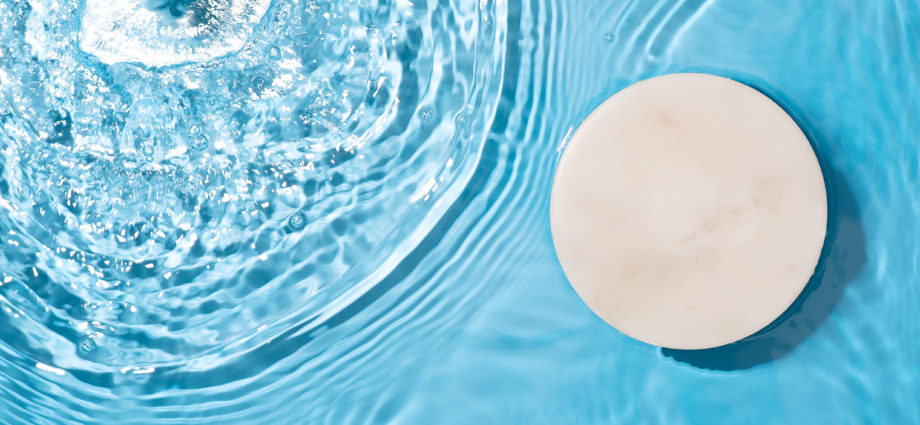When it comes to owning a pool, choosing the right pool filter is essential. This is because the pool filter plays a crucial role in keeping your pool clean and safe for swimming. It removes impurities and debris from the water, ensuring that your pool’s water remains crystal clear.
There are three main types of pool filters: sand filters, cartridge filters, and diatomaceous earth (DE) filters. Each type has its own pros and cons, so it’s important to understand the differences between them in order to make an informed decision.
Sand Filters
Sand filters are the most common type of pool filter and are recommended for larger pools. They work by pushing water through a bed of sand, which traps particles and impurities. The sand will eventually become clogged with debris and needs to be backwashed (reversing the water flow) in order to clean it. Sand filters are generally low maintenance and affordable, but they may not provide the highest level of filtration compared to other types.
Cartridge Filters
Cartridge filters use a pleated paper or fabric cartridge to filter out impurities from the pool water. They provide a greater surface area for filtration compared to sand filters, resulting in better overall performance. Cartridge filters require less maintenance than sand filters and are suitable for smaller pools.
Diatomaceous Earth (DE) Filters
Diatomaceous earth (DE) filters use a fine powder made from fossilized remains of diatoms to trap particles from the pool water. They are known for providing the highest level of filtration and can even filter out microscopic impurities. However, they require more maintenance as the DE powder needs to be refilled periodically.
Considerations when Choosing a Pool Filter
When deciding which type of pool filter is right for you, it’s important to consider factors such as the size of your pool, the level of maintenance you are willing to do, and your budget. You should also take into account the type of debris that typically enters your pool. For example, sand filters may be less effective at filtering out smaller particles such as algae, while DE filters may be more suitable for pools in areas with high levels of pollen or other microscopic impurities.
It’s also worth noting that proper sizing of your pool filter is crucial. A filter that is too small for your pool will not be able to effectively clean the water, while a filter that is too large may result in unnecessary waste and higher operating costs.
Conclusion
In conclusion, choosing the right pool filter requires careful consideration of various factors. Whether you opt for a sand, cartridge, or DE filter, it’s important to understand their differences and choose one that best suits your specific needs. Regular maintenance and proper sizing of the filter will also play a key role in keeping your pool clean and inviting for years to come. With the right pool filter, you can enjoy crystal clear water and a more enjoyable swimming experience. So take the time to research and make an informed decision, your pool (and swimmers) will thank you! It’s also important to regularly clean and maintain your pool filter, as a dirty or clogged filter can lead to reduced filtration and potential damage to your pool equipment.
